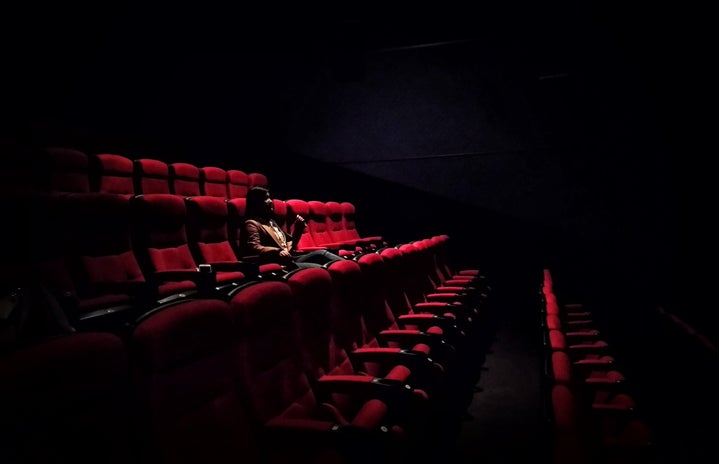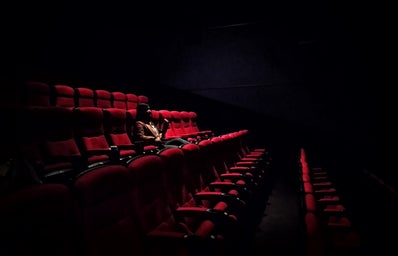The Romantics, made by Smriti Mundhra (also the maker of Indian Matchmaking) charts the evolution of Bollywood through the lens of YRF Films. Spanning four hour-long episodes, it covers the life and legacy of Yash Chopra and later his son Aditya. From the early days of working for his brother to becoming the man who, arguably, defined Bollywood as the way it is, the series provides an insight into the mind of the creative force that was Yash Chopra, through interviews with his family and the people who worked with him. One of the biggest triumphs of the docuseries was the interview that Mundhra was able to score with the infamously media-shy Aditya Chopra, who learned his craft on his father’s film sets and would painstakingly make notes on the film’s plot, audience creation, and box office performance as a young kid, who gave the world some the most iconic pieces of cinema like Dilwale Dhulania Le Jaenge and then turned YRF into one of India’s biggest studios.
It is interesting to see the juxtaposition of the films with the socio-political conditions of the country at the time. From the Angry Young Man in Deewar, during the Emergency period of the 70s to the post-liberalization aspirational Westward-gaze and the NRI-craze of the 90s Dilwale Dhulhani Le Jaenge, it shows how cinema has been instrumental in the making of India’s national myth and how Bollywood has hitherto been able to understand the pulse of the country. This in part explains why cinema is such a central part of everyday life in India. It is the art form of the common people.
The series does try to be more than just a lip service to Hindi Cinema by touching on subjects such as nepotism (which is an interesting conversation to have in India, if people on either side of the debate had anything intelligent to say) by talking about Yash Chopra’s younger son Uday Chopra, who has had a rather unsuccessful career in acting and the threat of the foreign studios coming in with the rise in globalization, albeit on just a surface level (the fact that it has been produced by YRF may have played a role). The series-in the vein of a lot of documentaries produced now- is mostly a highly stage-managed feel-good look at YRF and by extension by Bollywood. Which does beg the question- why now?
Bollywood has had, to put it mildly, a rough few years now. With the rise in streaming and with the gluttony of content available now from around the world, the industry has been facing tough competition that it perhaps wasn’t ready for. After the pandemic, the movies that it was relying on to be the lifelines like the Aamir Khan starer Laal Singh Chaddha, turned out to be disappointments. The industry itself, which has historically been liberal and secular, has gotten caught in the crosshairs of the rising extremist right-wing politics of the country. However, perhaps one of the biggest reasons can be gauged from the docuseries itself. It is interesting to hear Chopra recount how during the filming of his debut film, Dilwale Dhulaniya Le Jaenge, at 23, he restricted the sets to only young people. A bit later in the series you again hear him recount, in his 40s, trying to make another movie that he had hoped would connect with the youth with Befikre which was both a critical and box office disappointment. The series also brings into sharp focus an industry struggling to connect with its audience. It seems like an industry that has become too comfortable in its bubble, too closed off to listen to new voices, and too scared to take risks.
A few minutes into the first episode, Shah Rukh Khan, one the biggest -if not the biggest- stars of the industry, says, “Our Cinema is as much a part of our lives in India as much as you wake in the morning and brush your teeth”. Pathaan, his latest movie to come out in March 2023, under the YRF banner, became one of the highest-grossing Indian films. So, perhaps Bollywood’s condition right now is more of a slumber than a demise.

